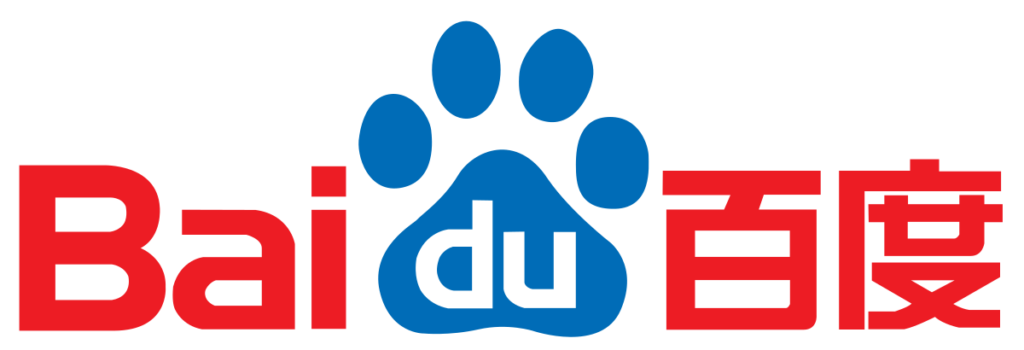Baidu, the Chinese equivalent of Google, recently unveiled its latest version of the AI-powered language model, Ernie 4.0, and the enhanced chatbot that comes with it. The enhanced Ernie Bot 4 is now able to better understand and provide more relevant answers. Baidu believes Ernie Bot is now on par with OpenAI’s ChatGPT and the underlying GPT-4 language model. In some tasks performed in Chinese, Ernie Bot might even have the upper hand.
The presentation of Ernie 4.0 and the Ernie Bot took place at the “Baidu World 2023” conference in Beijing. Robin Li, CEO of Baidu, demonstrated the chatbot’s ability to understand and answer complex questions, generate images and handle basic arithmetic. The AI will now be integrated into various Baidu apps, solutions and products.
Baidu had launched the AI chatbot Ernie in March 2023. Initially, the product disappointed and was only available to a limited user group. However, after further testing and a lengthy approval process, the Ernie bot was officially released in August as a Chinese alternative to ChatGPT and is now available to Chinese users. This could be related to the Chinese government’s cautious approach to AI.
This year, Chinese authorities have introduced new guidelines and regulations to ensure that AI-generated content matches official narratives. The South China Morning Post reported that this includes the proposal of a blacklist to prevent language models from using certain material for training, as five percent of the data is considered illegal. The Ernie Bot has already demonstrated this by immediately diverting conversations to other topics when dealing with sensitive issues in China.
According to Wang Haifeng, Baidu’s chief technology officer, Ernie Bot is now used by 45 million users and 54,000 developers. With integration into more services, the AI is likely to become more widespread. These include Baidu Search, which will be enhanced by generative AI; Baidu GBI, a business intelligence solution for data analysis and presentation; and Workplace and Document apps, according to a company statement. Baidu also plans to integrate AI into its driving assistance and navigation system, as well as its own mapping service, Baidu Maps, to support travel planning, for example.

